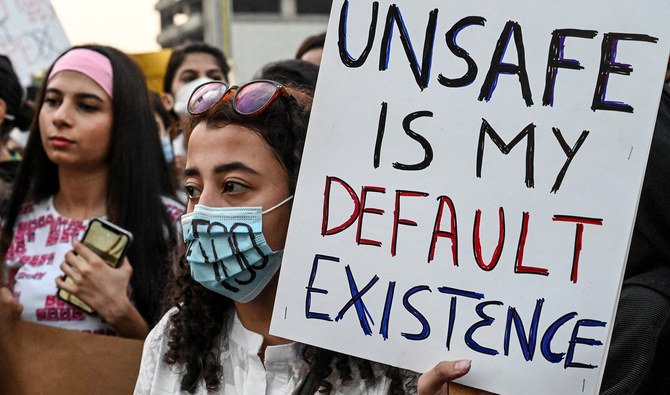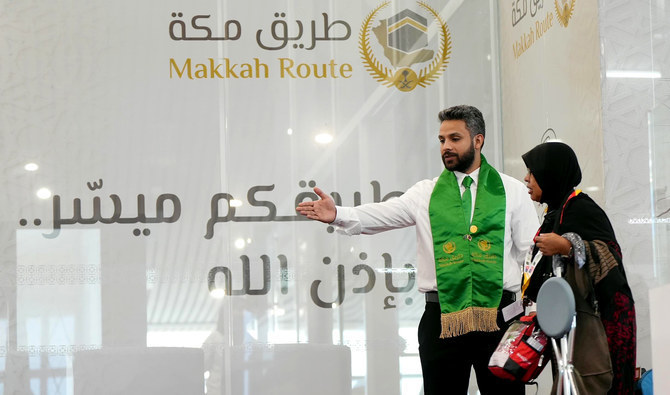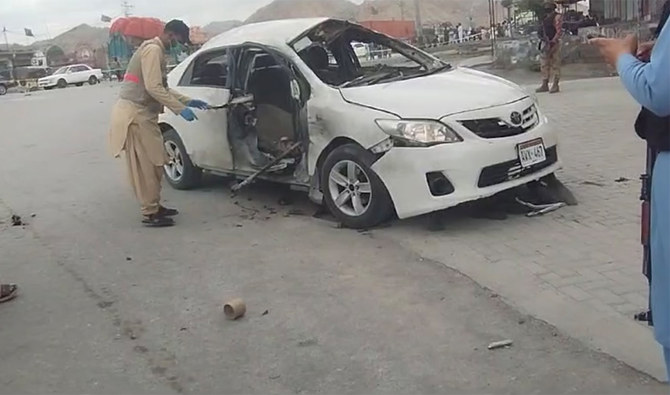LAHORE: Punjab Information Minister Fayazul Hassan Chohan said on Friday all civilian and military intelligence agencies, including Pakistan’s main spy agency, the ISI, were investigating the August 14 public assault of a woman near the Minar-e-Pakistan monument in the central city of Lahore.
The incident, for which 24 people have been arrested so far, sent shock waves across the country after videos of a mob attacking and sexually assaulting the woman, Ayesha Akram, were shared online this week.
“The very scientific way in which we are identifying and carrying out investigations, all civilian and military [intelligence] agencies are involved in it,” Chohan told Arab News in a phone interview. “Both agencies have worked in a positive, effective and scientific way to carry out the investigation, which is why all these people are being arrested and more will be arrested in the future.”
Chohan explained that several of the arrested suspects, as well as others that authorities were still hunting, had been identified using data from the National Database and Registration Authority (NADRA), and through geofencing, in which location data on the internet is trawled to identify people who were in an area when a crime was committed.
He said the ISI, police, NADRA, and the Punjab Forensics Science Agency were all involved in the investigation, adding that the Punjab government had “shown results.”
“20-25 culprits have been arrested, the police officers who committed negligence, DIG [Deputy Inspector General] Operations has been changed, SSP [Senior Superintendent of Police] Operations has been suspended, DSP [Deputy Superintendent of Police],” Chohan said as he listed several officials who had been removed over negligence.
Human rights minister Shireen Mazari said more arrests were expected today, Friday.
The Pakistani military’s media wing declined to comment on Chohan’s statement that military spy agencies were involved in the investigation. Akram, the survivor of the attack, promised Arab News an interview but then declined, citing the “sensitivity” of the case.
In the police report for the incident, which was reported to Lahore’s Lari Adda police station, Akram said she was assaulted, manhandled and robbed by hundreds of men in broad daylight. She said the mob picked her up and tossed her around for hours, and calls to the police emergency helpline at 630pm were not answered until 930pm.
“I was stripped and my clothes were torn off me,” she said in the police report, adding that gold ornaments, cash and her mobile phone were also stolen. “There was no body part of me left without bruises.”
The Greater Iqbal Park is home to the Minar-e-Pakistan monument, built to commemorate the first official call for a separate and independent homeland for the Muslims of British India by the All-India Muslim League Party in 1940. Pakistan became an independent country seven years later, on August 14. Each year, thousands of people flock to the monument to mark independence day.
When questioned about security arrangements at the park on a day as busy as August 14, SSP Investigations Mansoor Awan said high ranking officials had already been suspended for negligence.
“More details will come out tomorrow (Saturday) once the new officials take charge,” he said. “We will find out about the lack in contingency plan and why they [victims] were not responded to on time despite calls.”
Nighat Dad, a lawyer and rights activist, said the onus was now on the state to protect women and restore their confidence.
“The power men hold in all spaces both private and public speaks to a failure of society at every level. It is becoming unsustainable for women and gender minorities to live in this society,” Dad said. “If this continues, and the state fails to intervene, women will lose confidence in any institutions and system, they will stop coming forward. The onus is on the state to respond to this crisis with leadership and vision.”
















